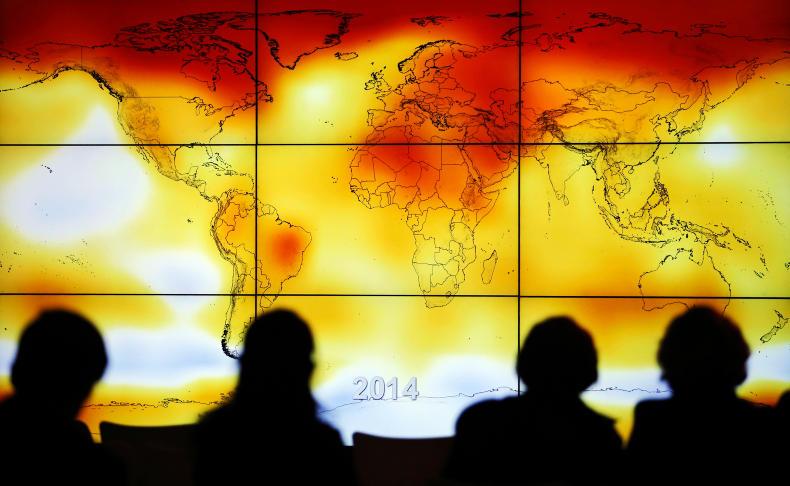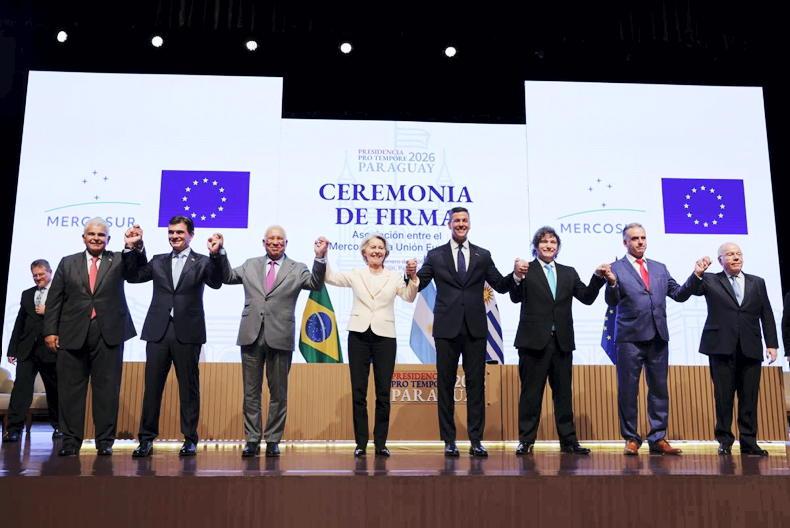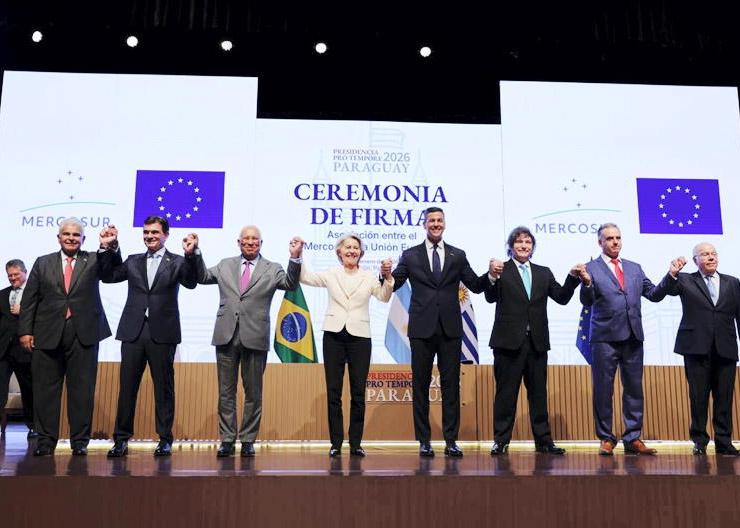The European Parliament is currently debating the European Commission’s proposal for climate change targets for the period from 2021 to 2030. The Commission’s proposal for a range of economic sectors including agriculture allows countries a degree of flexibility from the amount of greenhouse gases that can be removed from the atmosphere through better land management, such as improved crops or grassland practices and forest planting. This is known as land use, land use change and forestry (LULUCF) flexibility.
Under the Commission’s proposal, Ireland would have to cut its emissions by 30% of 2005 levels by 2030, but 5.6% of this could come from LULUCF flexibility – the second-highest allowance in the EU.
Agri MEPs want farming ringfenced
The agriculture committee was first to state its position last week, introducing an amendment to reflect the 2015 Paris agreement on climate change calling for emissions management “in a manner that does not threaten food production and food security”.
Agri MEPs also want the positive effects allowed under land flexibility rules to be “limited to agriculture”. This would ensure that the benefits of converting Irish farmland to forestry is used to offset emissions from Irish farmers and not other sectors such as transport, for example.
They also introduced amendments taking account of progress made in advance of the 2021 to 2030 period, so countries that begin to cut emissions earlier are not penalised.
Environment committee cuts flexibility
However, the environment committee, which is the lead body on this piece of legislation, took a much stricter view. While its amendments include language on food production, they limit the proposal on recognising early progress to the poorer countries in the EU, which excludes Ireland.
Crucially, the environment committee cut the land flexibility by one third. This means Ireland could only use its efforts to improve carbon storage in soils and forests to offset 3.8% of its emissions, instead of 5.6% under the Commission’s proposal.
This would present a much bigger challenge as the greater flexibility was originally introduced in recognition of the difficulty in cutting emissions from farming, which occupies a larger place in Ireland’s economy than in other European countries.
The full house of the European Parliament is scheduled to vote on the proposals next week.
Read more
Listen: focus on cutting emissions should be on energy and transport – Varadkar
The European Parliament is currently debating the European Commission’s proposal for climate change targets for the period from 2021 to 2030. The Commission’s proposal for a range of economic sectors including agriculture allows countries a degree of flexibility from the amount of greenhouse gases that can be removed from the atmosphere through better land management, such as improved crops or grassland practices and forest planting. This is known as land use, land use change and forestry (LULUCF) flexibility.
Under the Commission’s proposal, Ireland would have to cut its emissions by 30% of 2005 levels by 2030, but 5.6% of this could come from LULUCF flexibility – the second-highest allowance in the EU.
Agri MEPs want farming ringfenced
The agriculture committee was first to state its position last week, introducing an amendment to reflect the 2015 Paris agreement on climate change calling for emissions management “in a manner that does not threaten food production and food security”.
Agri MEPs also want the positive effects allowed under land flexibility rules to be “limited to agriculture”. This would ensure that the benefits of converting Irish farmland to forestry is used to offset emissions from Irish farmers and not other sectors such as transport, for example.
They also introduced amendments taking account of progress made in advance of the 2021 to 2030 period, so countries that begin to cut emissions earlier are not penalised.
Environment committee cuts flexibility
However, the environment committee, which is the lead body on this piece of legislation, took a much stricter view. While its amendments include language on food production, they limit the proposal on recognising early progress to the poorer countries in the EU, which excludes Ireland.
Crucially, the environment committee cut the land flexibility by one third. This means Ireland could only use its efforts to improve carbon storage in soils and forests to offset 3.8% of its emissions, instead of 5.6% under the Commission’s proposal.
This would present a much bigger challenge as the greater flexibility was originally introduced in recognition of the difficulty in cutting emissions from farming, which occupies a larger place in Ireland’s economy than in other European countries.
The full house of the European Parliament is scheduled to vote on the proposals next week.
Read more
Listen: focus on cutting emissions should be on energy and transport – Varadkar










SHARING OPTIONS